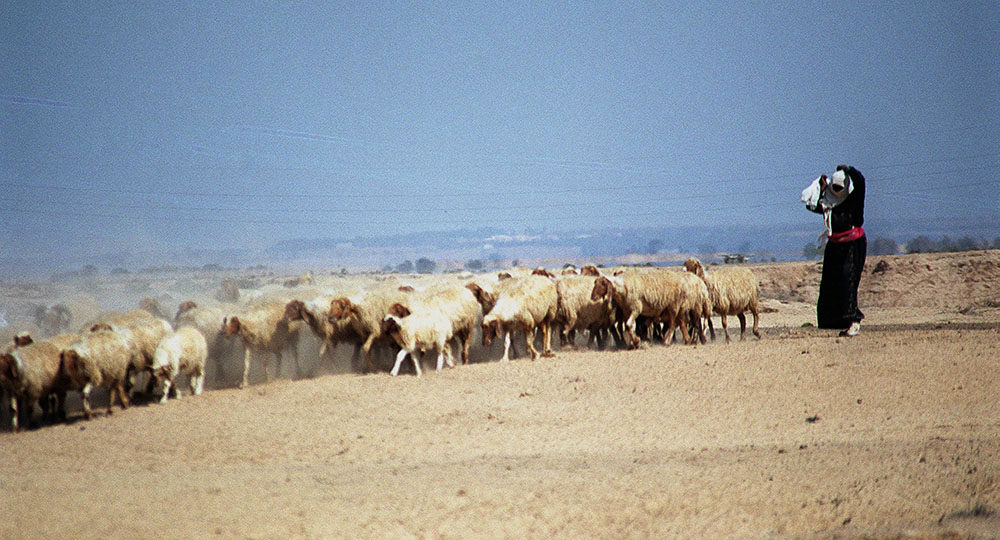


Gone are the days of Studebakers, five- and-dimes, and the much-anticipated gifts of sweet, juicy oranges stuffed into Christmas stockings. But two important facets of the holiday will remain forever.
Most people are familiar with Luke 2 as the beginning of the Christmas story. But the wondrous account actually begins earlier, with an elderly priest who enters the Temple to burn incense.
Have you ever thought of this? If God did not fulfill His promises literally, we would never have Christmas. See for yourself!
A backwater town called Nazareth. A common Jewish girl called Mary. An angelic messenger called Gabriel. And a promise of God. These all converged to change history for all time in something called the Incarnation.
So you don’t believe a virgin can bear a child? You’re not alone. But you should believe it, particularly if you’re Jewish. Read this article and learn why.